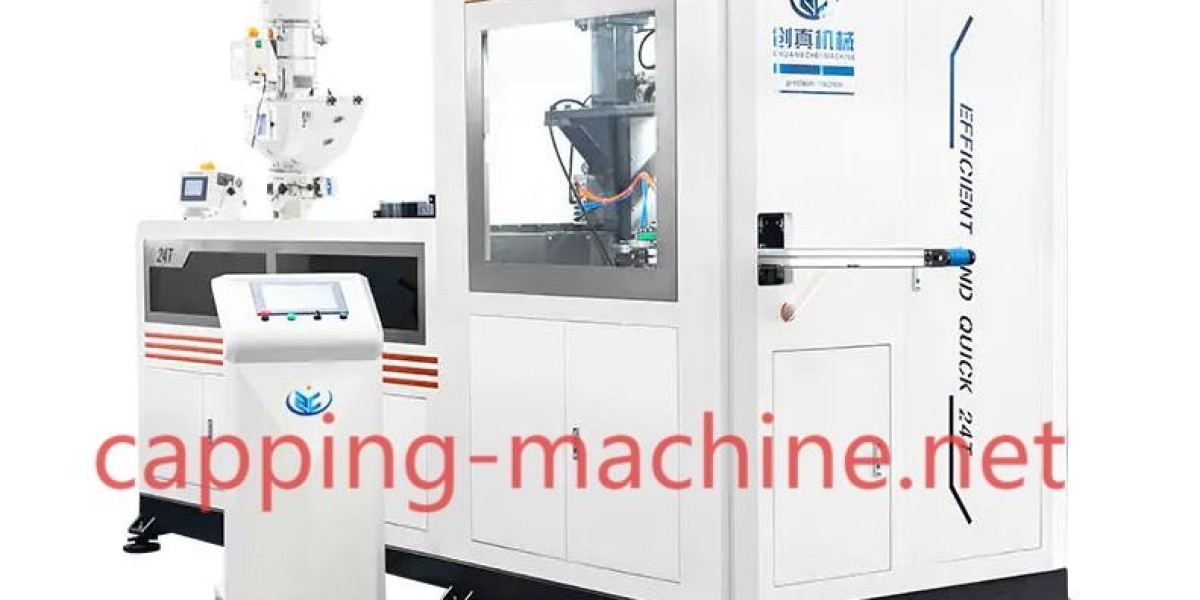In today’s competitive industrial landscape, manufacturers are under constant pressure to balance production efficiency, product consistency, and sustainability goals. This balance is especially visible in packaging, where the demand for reliable sealing technologies continues to expand. The role of the Capping Machine has grown far beyond simply applying closures to containers; it now represents an essential component of modern packaging lines that ensures accuracy, speed, and adaptability. With industries ranging from beverages to pharmaceuticals seeking higher throughput and reduced costs, equipment suppliers such as Taizhou Chuangzhen Machinery Manufacturing have responded with innovative upgrades that set new performance standards. As a result, the Capping Machine is becoming a cornerstone of production strategies tailored to meet both current and future market needs.
One of the main factors driving investment in advanced capping equipment is the dramatic growth of consumer product markets. The beverage sector in particular demands consistent cap application at high speeds, as a single packaging defect can undermine brand reputation and lead to significant waste. Similarly, pharmaceutical and healthcare industries require strict adherence to safety regulations, where improper sealing is unacceptable. The global rise of e-commerce has also created greater pressure on packaging lines to maintain durability during transport. This diversity of needs has pushed manufacturers to seek flexible solutions capable of meeting varying standards without sacrificing efficiency.
Technological upgrades have transformed capping equipment into highly sophisticated systems. Today’s machines integrate servo-driven motors, intelligent torque monitoring, and automated changeover features that enable faster adjustments between different cap sizes and bottle formats. These improvements reduce downtime while minimizing human error, two major challenges in high-volume environments. Digital controls and sensor-based systems now allow real-time monitoring of each cap applied, giving operators immediate feedback on torque accuracy and sealing strength. This transition from purely mechanical functions to data-driven performance represents a crucial leap forward in the evolution of packaging machinery.
Application scenarios for advanced capping systems extend across multiple industries. In food and beverages, the emphasis is on speed and consistency, ensuring that millions of bottles reach consumers safely sealed and tamper-proof. For cosmetics and personal care, precision is equally critical, as closures must preserve product integrity while supporting attractive packaging designs. In the pharmaceutical sector, capping technology contributes to child-resistant and tamper-evident solutions, reinforcing safety measures that protect consumers. Even industrial chemicals benefit from accurate sealing, preventing leaks and maintaining product stability during transportation. The adaptability of modern machines allows manufacturers to serve all these markets with one integrated solution, highlighting their versatility.
Performance advantages also make these machines a compelling investment for forward-looking companies. High-speed operation combined with precision torque control reduces both waste and material costs. Energy-efficient designs help manufacturers align with sustainability objectives while cutting operational expenses. In addition, modular configurations allow businesses to expand or modify production lines without replacing entire systems, enhancing long-term value. Reliability is another critical factor, as continuous operation with minimal downtime is essential for industries with large-scale distribution networks. Together, these attributes contribute to more resilient and profitable production systems.
As industrial demands evolve, so too does the role of packaging machinery suppliers. Companies like Taizhou Chuangzhen Machinery Manufacturing are leading this transition by providing equipment that integrates efficiency, flexibility, and technological intelligence. By focusing on customer-specific needs, they help manufacturers remain competitive in markets where product integrity and production speed cannot be compromised. For more information on advanced capping technologies and tailored equipment solutions, visit https://www.capping-machine.net/product/ .








